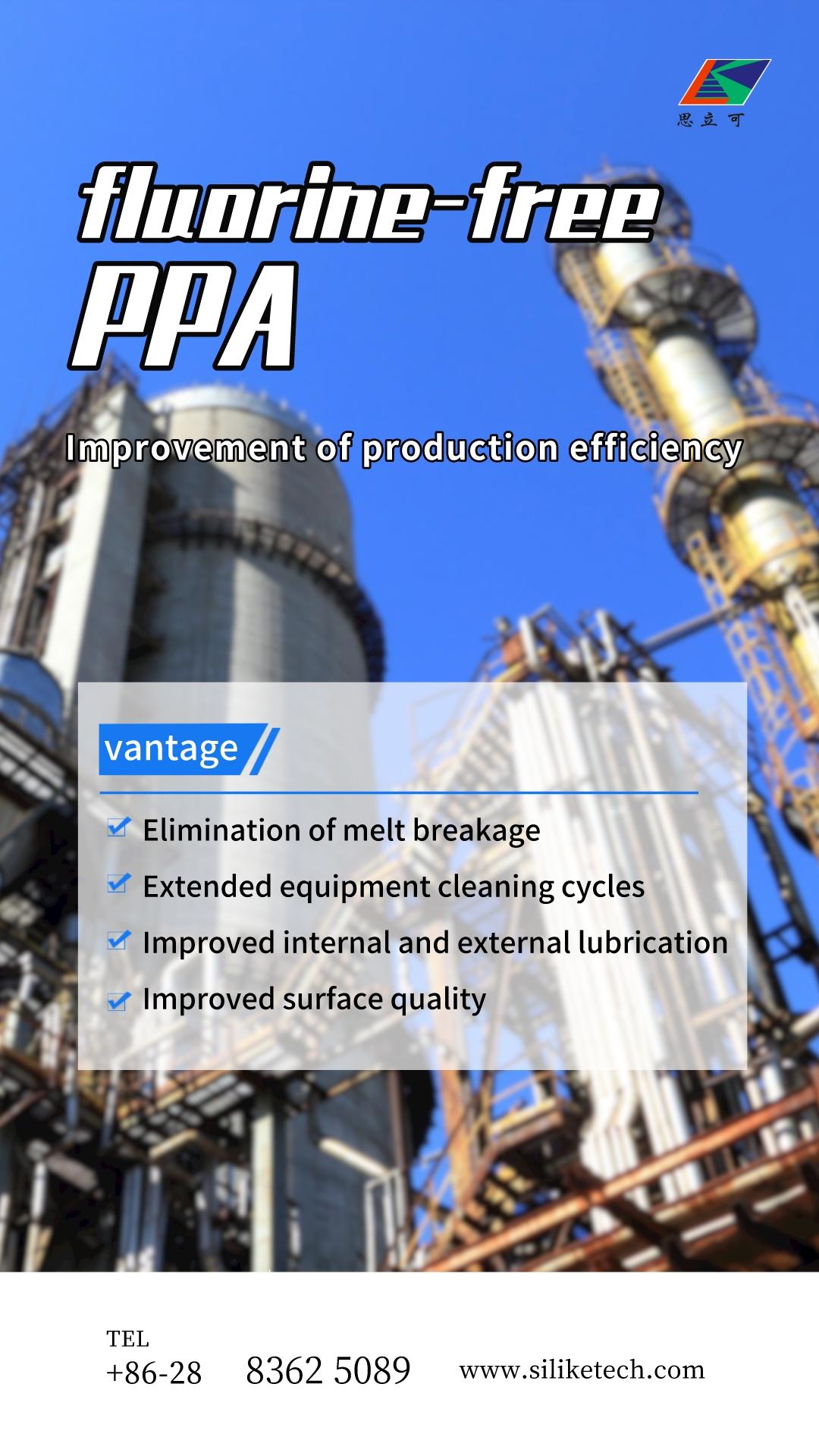Spinning, also known as chemical fiber forming, is the manufacturing of chemical fibers. Is made of certain polymer compounds into a colloidal solution or melted into a melt by the spinneret pressed out of the fine holes to form the process of chemical fibers. There are two main types of processing methods: solution spinning and melt spinning. In the process, the following processing difficulties may arise:
Unstable melt flow: Because the flow of melt is affected by many factors, such as melt viscosity, temperature, flow rate, etc., so in the spinning process, if the melt flow is not stable, it will lead to uneven fiber diameter, filament fracture, and other problems.
Uneven fiber stretching: Stretching is an important step in the spinning process, which can increase the tensile strength and tensile modulus of the fiber. However, if the stretching is not uniform, it will lead to uneven fiber diameter and even fracture.
High defect rate: In the spinning process, due to the complexity of the melt and the change of processing conditions, defects, and defective products are often produced, such as burrs, crystals, bubbles, etc. These defects and defective products will affect the appearance and performance of the product, and reduce the quality of the product and yield.
Poor fiber surface quality: fiber surface quality is an important factor affecting fiber properties, directly affecting the adhesion and surface activity of fibers and other materials. In the spinning process, if the fiber surface quality is poor, it will lead to a decline in the performance of the fiber and even affect the product’s service life.
Therefore, in the process of spinning, it is necessary to solve the above processing problems by continuously optimizing the processing conditions, improving the process flow, controlling the quality, adding processing aid, etc., to improve the quality and production efficiency of the product.
SILIKE Fluorine-Free PPA: Optimizing Efficiency, Sustainability, and Safety in Spinning Operations>>
SILIKE fluoride-free PPA series products are completely fluoride-free PPA processing aids developed by SILIKE, with a wide range of applications, which can perfectly replace traditional PPA fluoridation processing aids, as a lubricant in the spinning process and can play an excellent role:
Improved lubricity: SILIKE Fluorine-Free PPA SILIMER 5090 reduces the viscosity of the melt and improves the flow of the melt. This contributes to the smooth extrusion of the molten polymer in spinning equipment and ensures uniform fiber formation.
Elimination of melt breakage: The addition of SILIKE Fluorine-Free PPA SILIMER 5090 reduces the coefficient of friction, reduces torque, improves internal and external lubrication, effectively eliminates melt breakage, and extends the service life of the fiber.
Improved surface quality: SILIKE Fluorine-Free PPA SILIMER 5090 effectively improves the surface finish of the fiber and reduces internal stresses and melt residues, resulting in a smoother fiber surface with fewer burrs and blemishes.
Reduced energy consumption: Because SILIKE fluorine-free PPA can reduce melt viscosity and friction resistance, it can reduce or eliminate machine head precipitates, extend continuous production time, reduce energy consumption during extrusion, and thus reduce production costs.
Overall, SILIKE fluorine-free PPA masterbatch plays a role in the spinning process by improving melt fluidity, eliminating melt breakage, extending equipment cleaning cycles, improving surface quality, and enhancing production efficiency, thus optimizing the spinning process and improving the quality of the fibers produced.
SILIKE Fluorine-Free PPA has a wide range of applications, not only for Spinning but also for wires and cables, films, masterbatches, petrochemicals, metallocene polypropylene(mPP), metallocene polyethylene(mPE), and more. However, specific applications need to be adjusted and optimized according to different materials and production requirements. If you have any questions about any of the above applications, SILIKE is very happy to welcome your inquiry, and we are eager to explore more application areas of PFAS-free polymer processing aids (PPA)with you.
Post time: Jan-05-2024






